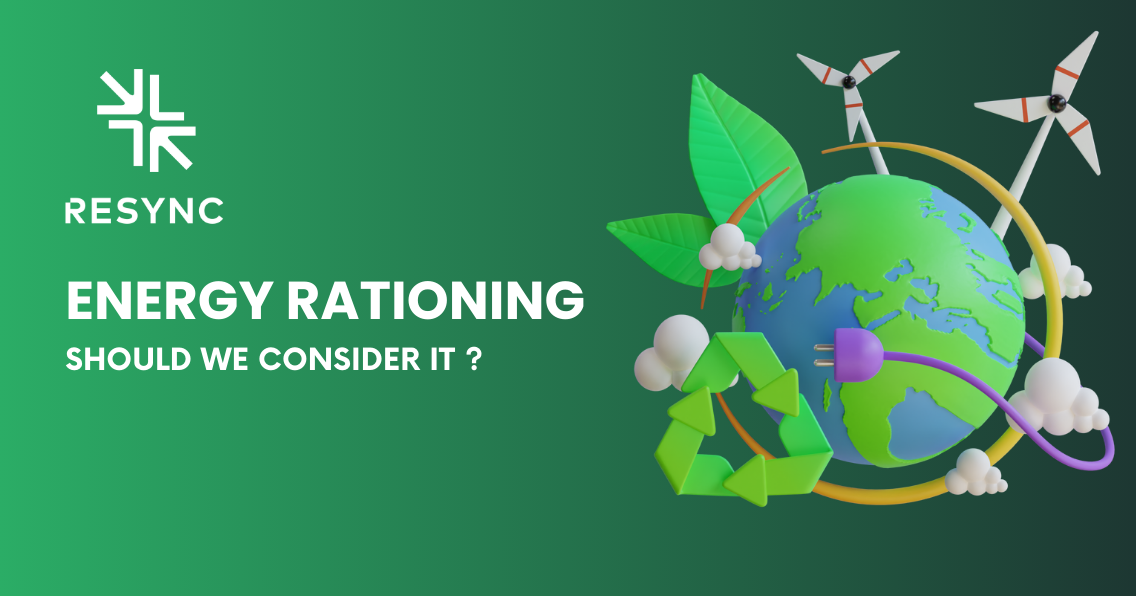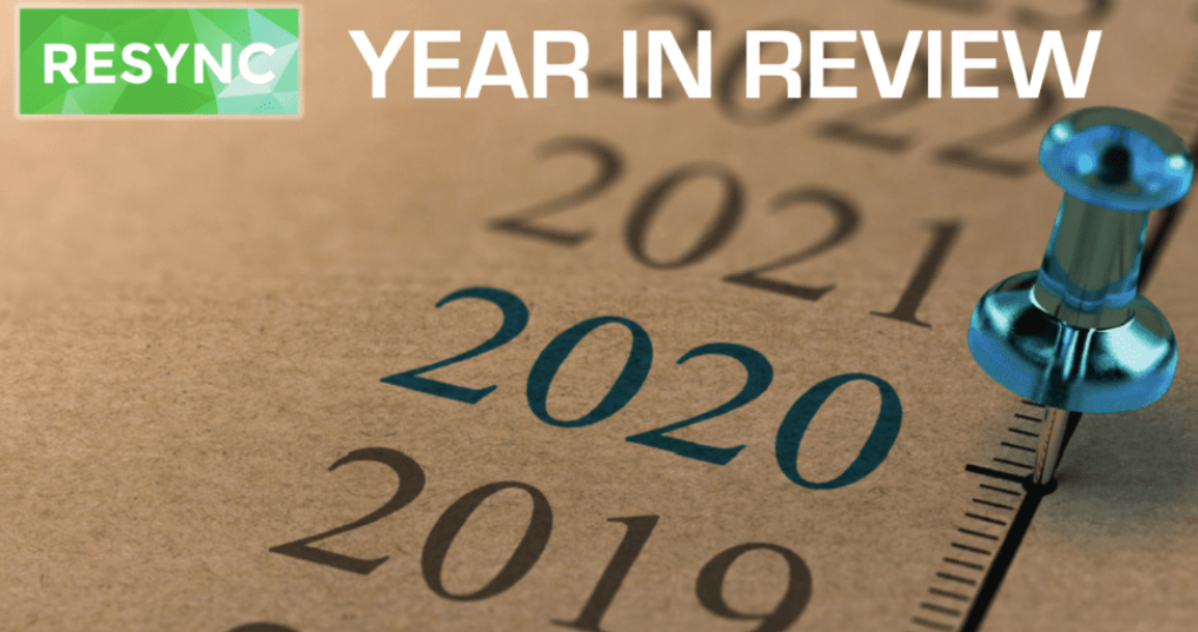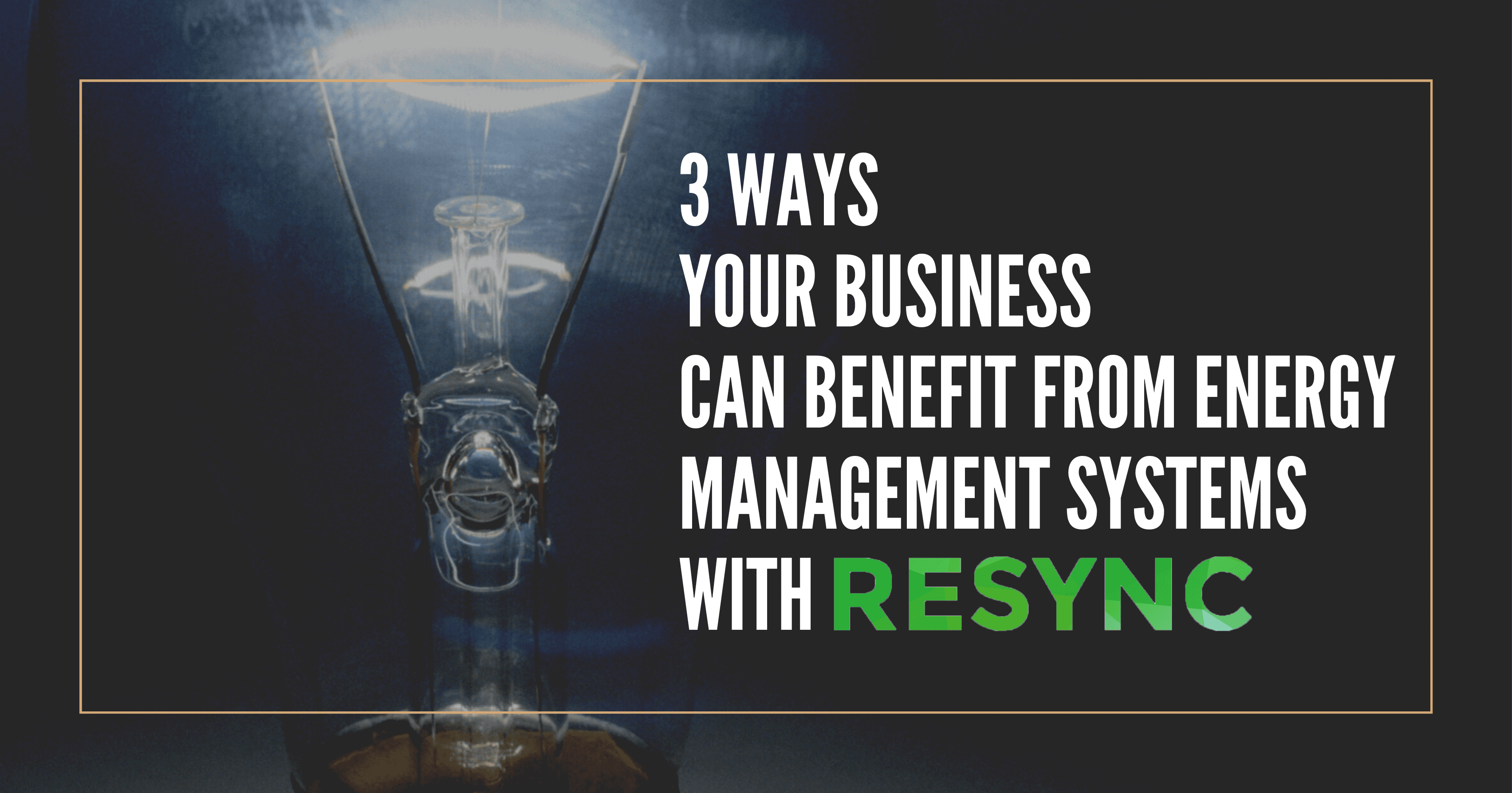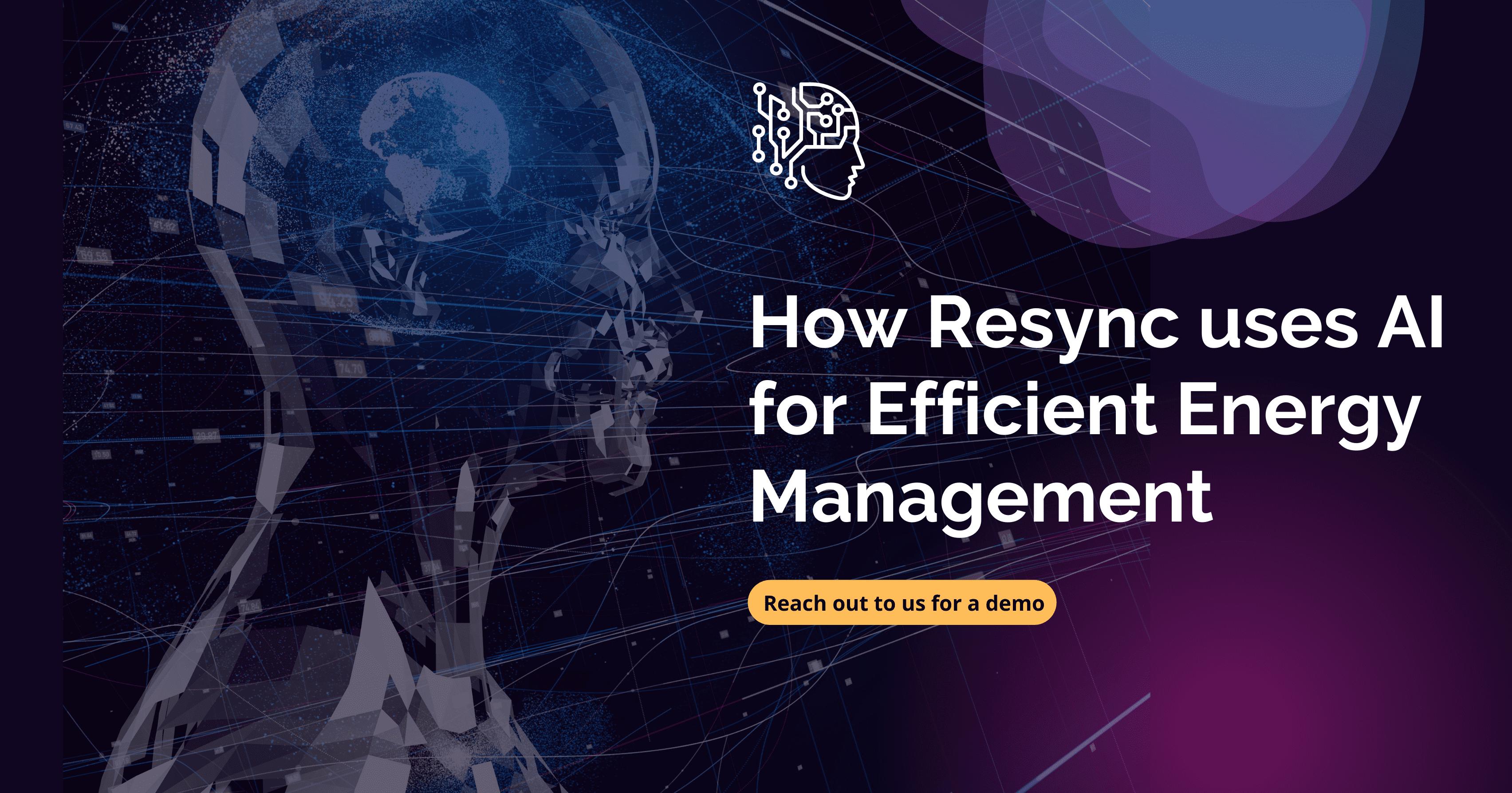Should we consider energy rationing?

Energy is an essential resource that drives economic growth and development. However, recent global events such as extreme weather, political instability, and supply chain disruptions have highlighted the vulnerability of global energy systems. For example, the COVID-19 pandemic and the ongoing Russian invasion of Ukraine in 2022, have caused significant global supply chain disruptions. Uncertainty about Russia's energy supplies has driven oil prices to exceed US $100 per barrel, thus consequently driving up production costs and consumer prices. This increase in global inflation impacts Singapore’s economic outlook and raises concerns about energy security and affordability.
As the world grapples with an energy crisis and rapidly increasing gas prices, it's time to ask a crucial question: Should Singapore consider energy rationing?
What is energy rationing?
Energy rationing involves the practice of limiting the amount of energy individuals or organisations can consume within a period of time. It is implemented usually as a last resort to manage energy shortages and prevent widespread power outages. It can be a temporary measure to address short-term crises or a more permanent policy aimed at reducing overall energy consumption and promoting energy efficiency.
It may sound like a drastic measure, but it is not a new concept. A recent article published in Channel News Asia discusses the idea of energy rationing in Singapore, drawing comparisons to successful past rationing exercises. In the past, the city has implemented rationing for food and water during times of shortage, and it's possible that energy rationing could also be just as effective in the current climate to reduce energy consumption and stabilise prices.
Why should Singapore consider energy rationing?
In the article, the author brings attention to how Europe is facing one of its biggest energy crises in decades because of its dependency on imported Russian natural gas. The Russia-Ukraine war has caused a decrease in the energy supply in European countries. Even though Singapore does not import gas from Russia, the effects faced by European countries raise concern for us because we are also dependent on energy supply that comes from imported natural gas. In fact, 95% of our energy supply comes from imported natural gas from neighbouring countries. So in the event that Singapore also faces an immediate supply shortage of energy during a crisis, the author agrees that we should consider conducting an electricity rationing exercise to conserve our energy supply. Additionally, energy rationing can help to encourage the adoption of energy-efficient technologies and practices, which can help to reduce energy consumption in the long term. This can help to reduce carbon emissions and contribute to Singapore's efforts to combat climate change.

How feasible are energy rationing exercises in Singapore?
The author also makes a notable point that such an exercise can be highly disruptive to economic and social development. Even though food and water rationing exercises were conducted successfully in the 1960s, the author feels that electricity is different in how essential it has become in every element of our society. We use energy to sustain homes and fuel industries every day that even a one-day exercise would interfere a great deal with our work and productivity.
Though some argue that an exercise restricting electricity could help the community become more aware of their consumption habits and instill resilience, the author also discusses how there might be better options available for raising awareness and better managing Singapore’s energy demand in the longer term.
What other options should we consider?
With the increasing demand for energy coupled with decreasing supply, we thus have to look into promoting diversification efforts and educating people on how to adopt energy-saving behaviors. It is important for Singapore to learn from the unfolding crisis in Europe, where overreliance on Russian energy has left European countries with high costs and supply issues. Thus, Singapore needs to also reduce dependency on any one country and diversify its energy imports. An even better solution would be to turn to more clean energy options such as solar energy.
But since sunlight is an intermittent source of renewable energy, it will be more practical to inculcate good energy conservation habits such as turning off lights when not in use or reducing consumption of electrical devices. This is why at Resync, we offer solutions for you to track and monitor your energy usage regardless of where you are. Our smart home solutions allow you to learn about your energy consumption behaviour and help you identify how you can reduce it. So in the unfortunate event that an energy ration was to take place, you will be equipped with our solution which will help you to make data-driven decisions on how to manage your rationed energy better.
Overall, energy rationing may be considered as one of several measures that Singapore could adopt to manage its energy demand and promote sustainable energy use. But in the long run, diversifying our energy imports and promoting energy-saving habits amongst individuals are far better options.
References:
CNA: Energy rationing in Singapore commentary
StraitsTimes: Indirect exposure of Russia-Ukraine war on Singapore
CNA: SEA should diversify energy sources
More Related Our Stories

Resync Year 2020 in Review
As Resync persevered and welcomed changes brought about by COVID-19, we had...

3 Ways your Business can Benefit from Energy Management Systems
For many businesses, energy consumption costs make up a significant portion...

How Resync Uses AI for Efficient Energy Management
The global energy market is undergoing a huge transformation. From...
